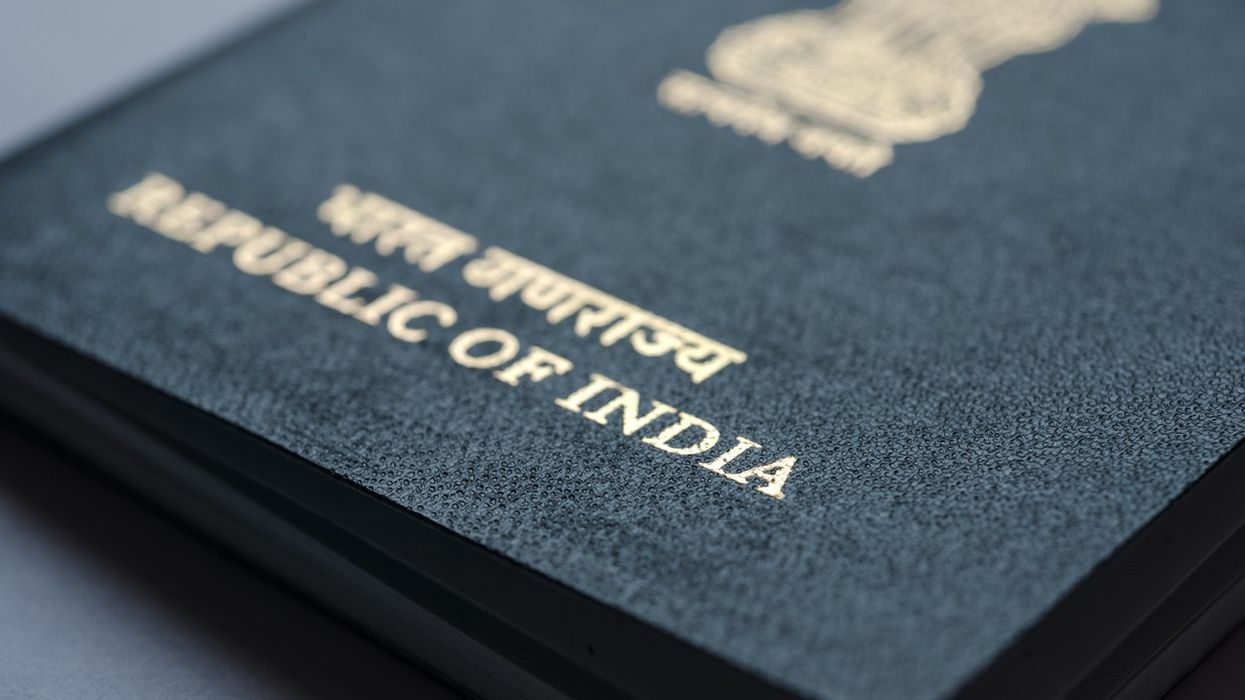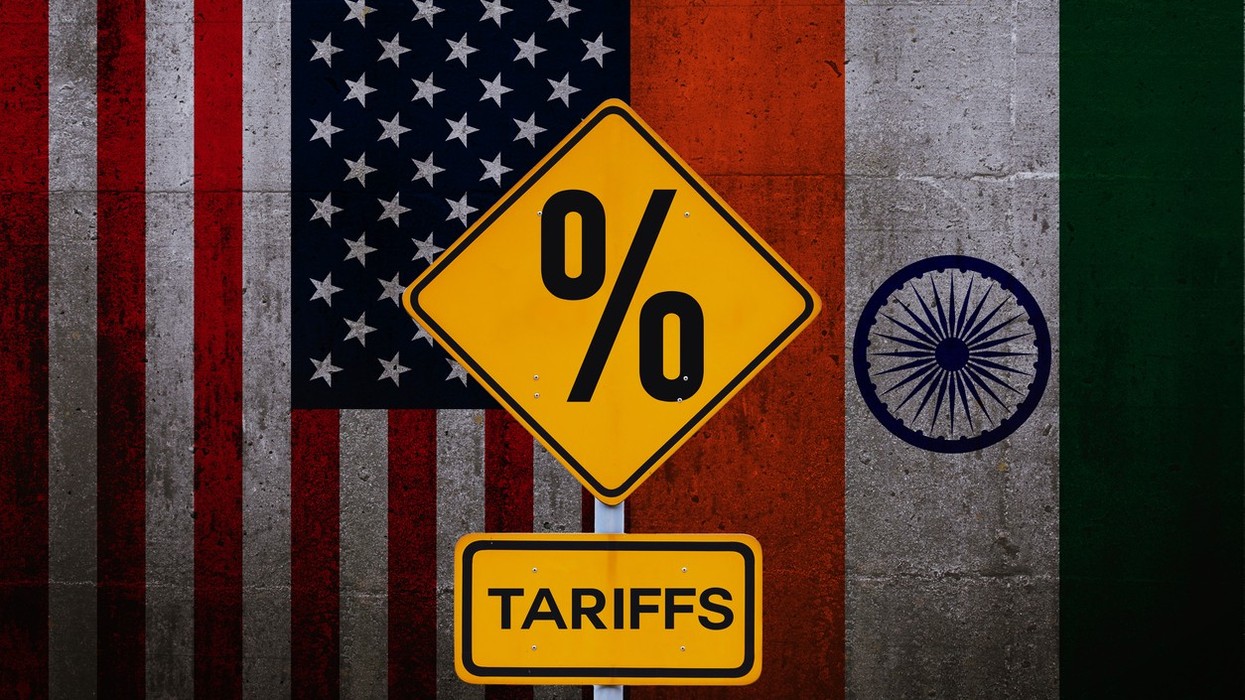Singapore has once again claimed the top spot in the Henley Passport Index, solidifying its reputation as the holder of the world’s most powerful passport in 2025. This prestigious position comes after Singapore broke a six-way tie for first place earlier this year. Citizens of Singapore now enjoy visa-free or visa-on-arrival access to 193 countries, making international travel exceptionally easy for them.
In 2024, Singapore shared the highest rank with Japan, Germany, Italy, Spain, and France, but the latest index sees it standing alone at the summit. The Henley Passport Index, a globally respected authority, determines rankings based primarily on the number of destinations passport holders can reach without needing a prior visa, using data from the International Air Transport Association.
Changing global dynamics: The fall of the US and UK
The United States and United Kingdom, previously regarded as top passport holders, have both dropped in this year's rankings. The US passport slipped to 10th place from 9th, while the UK moved down to 6th place from 5th. According to Henley & Partners, this decline continues a "long-term downward trend" that has seen both countries lose ground compared to their historical dominance.
“Notably, the US is now on the brink of exiting the Top 10 altogether for the first time in the index’s 20-year history,” the company noted, highlighting the shifting landscape of global mobility.
Domination by European and Asian countries
A review of the top 10 passports reveals a list largely ruled by European nations, but crucially, the very top spots are occupied by Asian economies. The leading positions are as follows:
| Rank | Country | Visa-free Access |
|---|---|---|
| 1 | Singapore | 193 |
| 2 | Japan | |
| 2 | South Korea | |
| 3 | Denmark | |
| 3 | Finland | |
| 3 | France | |
| 3 | Germany | |
| 3 | Ireland | |
| 3 | Italy | |
| 3 | Spain | |
| 4 | Austria | |
| 4 | Belgium | |
| 4 | Luxembourg | |
| 4 | Netherlands | |
| 4 | Norway | |
| 4 | Portugal | |
| 4 | Sweden | |
| 5 | Greece | |
| 5 | New Zealand | |
| 5 | Switzerland | |
| 6 | United Kingdom | |
| 7 | Australia | |
| 7 | Czechia | |
| 7 | Hungary | |
| 7 | Malta | |
| 7 | Poland | |
| 8 | Canada | |
| 8 | Estonia | |
| 8 | United Arab Emirates | |
| 9 | Croatia | |
| 9 | Latvia | |
| 9 | Slovakia | |
| 9 | Slovenia | |
| 10 | Iceland | 182 |
| 10 | Lithuania | 182 |
| 10 | United States | 182 |
Notably, Singapore leads, followed by Japan and South Korea tied for second. Denmark, Finland, France, Germany, Ireland, Italy, and Spain are tied for third place.
India and other movers: Rising in the ranks
India’s passport saw the largest improvement in the last six months, surging from 85th to 77th place. This significant upward move reflects a steady trend and growing global mobility for Indian citizens. Over the past decade, the UAE and China have also been standout performers—each advancing 34 spots. However, only the UAE has managed to break into the top 10 during this period, highlighting its rapid rise in economic and diplomatic stature.
China’s rise is particularly noteworthy, given its lack of visa-free access to Europe’s Schengen Area, making its progress in the rankings even more impressive.
The world’s least powerful passport
At the other end of the spectrum, Afghanistan’s passport remains the least powerful globally, offering visa-free or visa-on-arrival access to only 25 countries.
Methodology and alternative indices
The Henley Passport Index measures passport strength solely by travel freedom, whereas the Nomad Passport Index, also widely followed, incorporates taxation and other criteria to provide a broader view of global citizenship.
The 2025 rankings reflect shifting dynamics in global mobility, with Asian countries asserting dominance, European nations maintaining strength, and traditional leaders such as the US and UK experiencing declines. India, UAE, and China are among the biggest movers upward, testament to their increasing global engagement and mobility advantages in an ever-changing world.
















